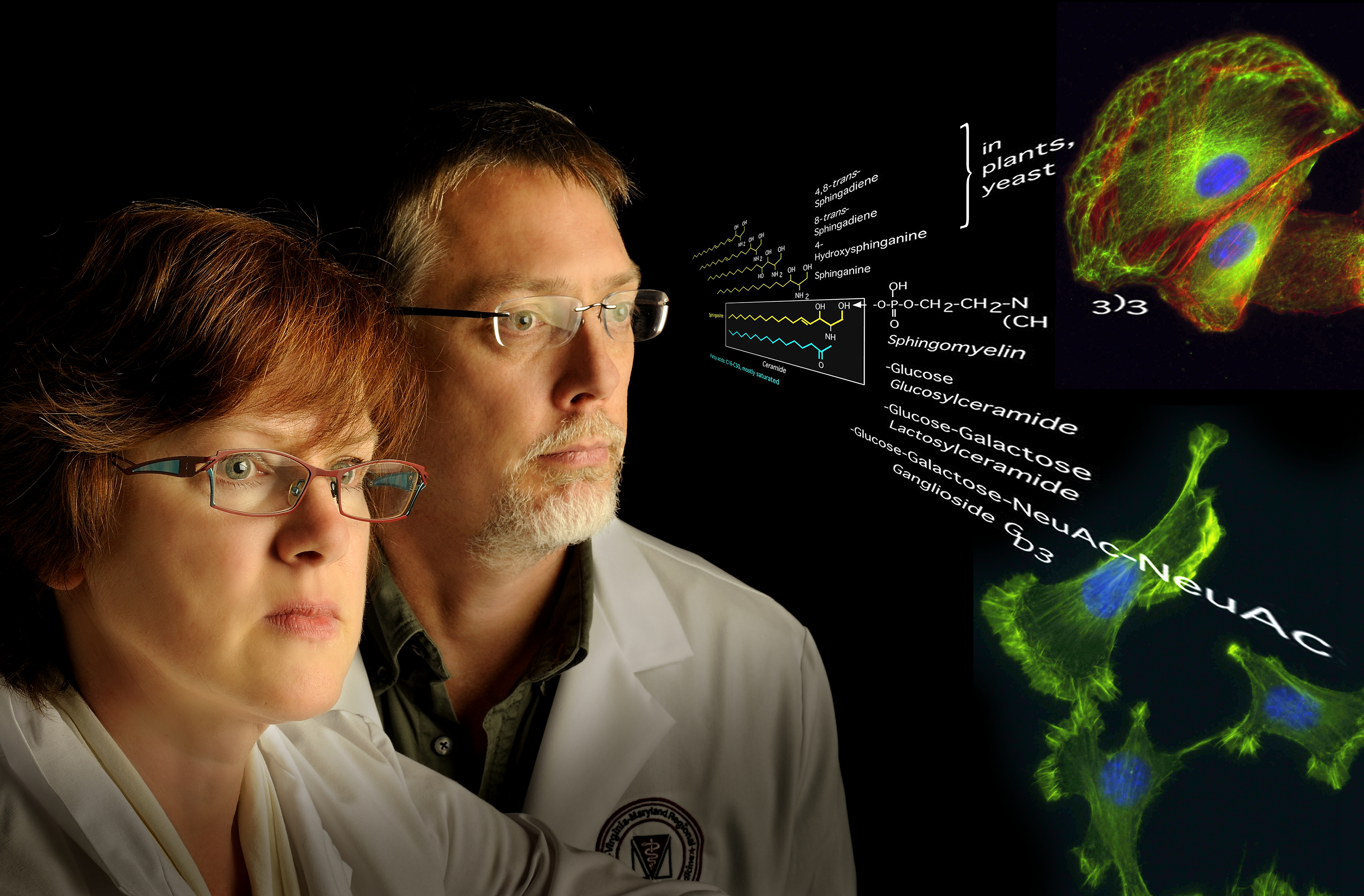Board of Visitors approves Faculty of Health Sciences

At its quarterly meeting earlier this week, Virginia Tech’s Board of Visitors approved a resolution to create a Faculty of Health Sciences.
The new organizational framework is intended to serve as a catalyst for health sciences research and education collaborations across Virginia Tech’s colleges and research institutes and with partner institutions.
“The Faculty of Health Sciences represents more than the university’s commitment to continue expanding and integrating its health sciences research and education programs,” said Mark G. McNamee, senior vice president and provost at Virginia Tech. “It also provides a focal point for building new, interdisciplinary collaborations, both across the university and with outside institutions, particularly clinical partners.”
The university’s research funding in the health sciences is already estimated at more than $100 million.
“With the Faculty of Health Sciences as a catalyst, the university will be able to be more nimble in responding to the world’s evolving biomedical and health sciences landscape,” said Michael Friedlander, associate provost for health sciences at Virginia Tech, who will oversee the program. “We’re hoping to build creative and adaptive biomedical and health research teams that work seamlessly across disciplines to discover solutions to state, national, and international challenges in health.”
The Faculty of Health Sciences will also serve as the academic home for Virginia Tech’s Translational Biology, Medicine, and Health program, a recently announced doctoral program that involves at least 17 departments in seven colleges and six institutes and centers. Friedlander serves as co-director of the program, along with Audra Van Wart, director of education and training at the Virginia Tech Carilion Research Institute.
“Virginia Tech will build on its new initiatives in biomedical and health science graduate education, expand its investments in health sciences research, and bring traditional and nontraditional disciplines together – all to achieve innovation in the science of health,” said Friedlander, who is also the executive director of the Virginia Tech Carilion Research Institute. “By facilitating the coordination of initiatives that span multiple disciplines and colleges, the Faculty of Health Sciences will both enhance opportunities for successfully competing for major grants and create a true national identity for Virginia Tech in the health sciences.”
Membership in the Faculty of Health Sciences is available to all Virginia Tech faculty members who hold a graduate or professional degree in a relevant discipline and have a primary appointment in a college, school, research institute, or vice presidential unit. Faculty members from other institutions must have an adjunct or affiliated appointment with Virginia Tech before applying for an appointment. Faculty members interested in joining may learn more by visiting the Faculty of Health Sciences website, which provides an online appointment form.
“The Faculty of Health Sciences will help ensure that Virginia Tech’s future is a vibrant one as the university positions itself strategically to compete and lead in health science research and education innovation,” Friedlander said.
Dedicated to its motto, Ut Prosim (That I May Serve), Virginia Tech takes a hands-on, engaging approach to education, preparing scholars to be leaders in their fields and communities. As the commonwealth’s most comprehensive university and its leading research institution, Virginia Tech offers 240 undergraduate and graduate degree programs to more than 31,000 students and manages a research portfolio of $513 million. The university fulfills its land-grant mission of transforming knowledge to practice through technological leadership and by fueling economic growth and job creation locally, regionally, and across Virginia.




